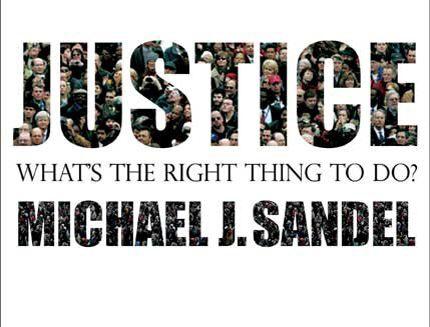It’s been awhile since the last Book Briefs. Most of my reading has been PhD related, but I’ve managed to read a few other things. I’ve also included in this list some of the best general history works I’ve read for my studies this summer.
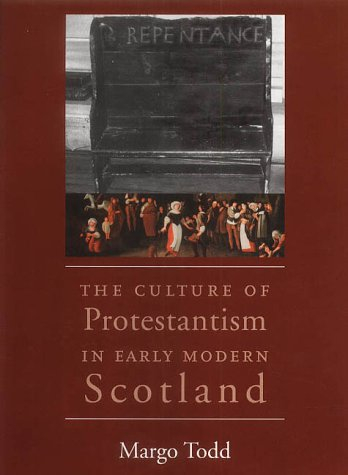
Margo Todd, The Culture of Protestantism in Early Modern Scotland (Yale 2002). Invaluable (and interesting!) scholarship on the role of the Kirk Session in Scotland from 1560 to 1640. Did you know sermons were usually an hour (and long-winded preachers could be fined)? Did you know sessions often banned babies and young children (sometime up to the age of 8) from attending worship, so as not to disturb the adult hearers? Did you know most churches had a repentance chair situated prominently in the worship service for sinners to sit as an expression of their contrition? Did you know sessions were generally quite fair to men and women in the way they handled divorce and adultery? Todd presents a picture of church life in early modern Scotland that was controlling yet flexible, serious yet not without times of celebration. The secret to Calvinism’s success in Scotland can be found in the indefatigable work of lay elders.
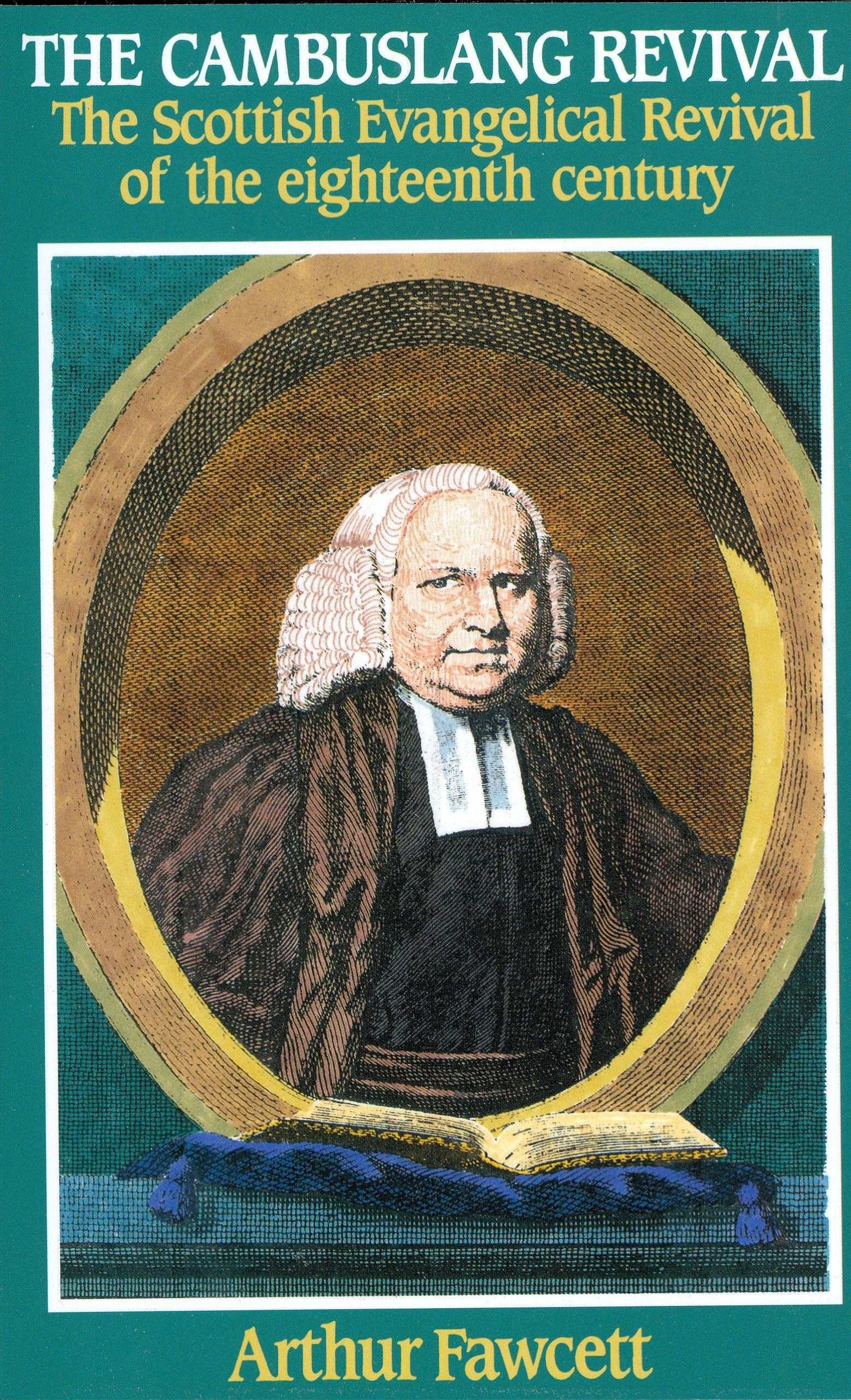
Arthur Fawcett, The Cambuslang Revival: The Scottish Evangelical Revival of the Eighteenth Century (Banner of Truth 1971). Most American evangelicals know little about the Transatlantic nature of the Great Awakening (other than that Wesley and Whitefield came from England). This book is a spiritually edifying and academically helpful look at Scotland’s most famous revival during the Awakening. While Whitefield was the flame that lit the spark of revival, the kindling had been laid in place by older, regular parish ministers. One sad note: the Erskines (famous among evangelicals as pro-gospel Marrow Men) stridently opposed the Cambuslang Wark because Whitefield agreed to work with the established Church of Scotland instead of the Seceders only.
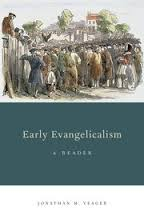
Jonathan M. Yeager, ed., Early Evangelicalism: A Reader (Oxford 2013). A terrific anthology of (mostly) eighteenth century evangelicals. The strength of Yeager’s collection is that he includes not only familiar voices like Whitefield, Wesley, and Edwards, but dozens of oft forgotten evangelical leaders like Philip Doddridge, James Hervey, John Erskine, Isaac Backus, Phillis Wheatley, Richard Allen, and Lemuel Haynes. This would be a great book for a college or seminary professor to assign, or even for a serious Sunday school class.
Mark A. Noll, The Rise of Evangelicalism: The Age of Edwards, Whitefield and the Wesleys (IVP Academic 2003). I don’t always agree with Noll’s interpretations, but there is a reason he is one of the most well respected historians in our day. He writes clearly, perceptively, and judiciously. And his mastery of primary sources is impressive. This book can be read profitably by graduate students and by interested Christians wanted to know more about the rise of evangelicalism in the eighteenth century.
Paul Lake, Cry Wolf: A Political Fable (BenBella Books 2008). A fascinating book–one of those books I’d like to read again in a group setting to hear what other people think. In the tradition of Animal Farm, Cry Wolf is a story about the unraveling of the once proud Green Pastures Farm. On the face of it, Lake’s fable may read like an anti-immigration diatribe, but I think there are deeper issues he means to explore, like the importance of remembering our history, the necessity of the rule of law, the meaning of justice, and the nefarious influence of intellectuals.
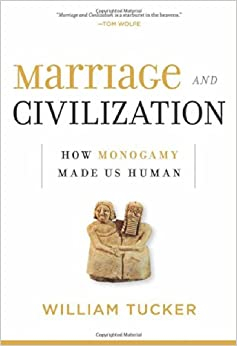
William Tucker, Marriage and Civilization: How Monogamy Made Us Human (Regnery 2014). An uneven book that is at times brilliant and at other times overly fascinated with the sex lives of monkeys. His conclusion–that we must make sure there is a girl for every boy and a boy for every girl, so that they can start another human family and strengthen the bonds of a prosperous and peaceful society that only marriage can provide–is right on. But the book would be stronger if Tucker’s anchoring truth was something better than evolutionary theory.
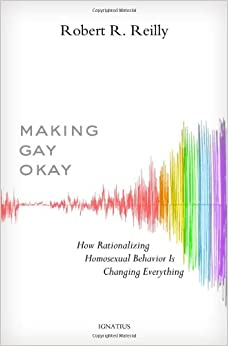
Robert R. Reilly, Making Gay Okay: How Rationalizing Homosexual Behavior Is Changing Everything (Ignatius 2014). Here’s a book bound to make people upset. But it is well worth reading. One of the most important books of the year. Looking across a variety of disciplines–from philosophy to biology to education to medicine to law to foreign policy–Reilly argues that we have come to accept homosexual behavior (Reilly says “sodomy”) as okay, not because of new discoveries in any of the disciplines just mentioned, but because the approval of same-sex intercourse must be absolute. The new morality must be rationalized at all costs. It can broker no dissent. As Aristotle said, “Men start revolutionary changes for reasons connected with their private lives.”



